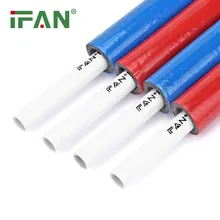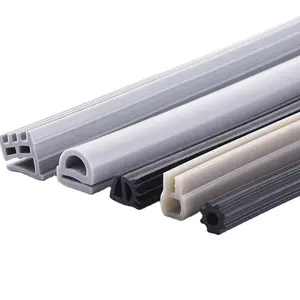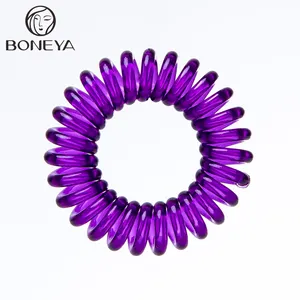Rubber is naturally derived from the sap in rubber trees and was predominantly used during the early industrialization days. Nonetheless, as demand rose, natural rubber couldn't keep up. Therefore, silicone rubber bands were born. Silicone mimics the elements of natural rubber. This is probably the reason many people refer to silicone bands as rubber bands. Silicone doesn't occur uncombined and is synthesized using silica through numerous artificial processes.
Advantages of silicone rubber bands
It didn't take long for people to adopt silicone materials into their day-to-day lives. Silicone is widely used to make elastics such as braid rubber bands and wristbands. Unlike rubber bands made from natural substances, silicone is hypoallergenic. This means that the bands made from silicone are less likely to cause allergies. They are also widely preferred for their extreme abrasion resistance. It takes a great beating to wear out and can keep a new appearance for the longest time. Some rubber qualities are notorious for deteriorating when exposed to extreme temperatures, such as in saunas. However, silicone bands can withstand high temperatures and retain their original states just fine.
Another great quality that makes a silicone rubber band desirable is its waterproof properties. Wearers don't have to take the bands off when swimming or bathing. This same reason makes the bands ideal for customization because the custom print hardly comes off. Since they don't fade easily, many businesses prefer silicone bands for customized goodies. The material is also famed for its resistance to damage when exposed to chemicals such as shampoos, soaps, cooking ingredients, and other elements. Silicone is easily washable, so users should not worry about stains and dirt.
Common applications of silicone rubber bands
Silicone rubber bands are durable and hardly break when stressed apart. Even after numerous uses, they will not fade or crack. For this reason, they make great applications for tying together hair. Rubber bands for hair don't get caught up in hair strands and don't hurt when taken out of the hair. Silicone rubber bands can also be used as decorative accessories. When customized, they can be used to affirm identification, such as allegiance to a soccer team, the love of a cartoon character, or employment at a certain organization. Silicone cooking bands have been replacing rubber bands in the kitchen. They don't disintegrate when exposed to high temperatures, making them ideal for boiling, frying, baking, microwaving, and grilling food. They can also be used during storage. Since silicone bands are odorless, they do not carry the risk of leaving food smelling like rubber. Businesses can also use silicone wristbands for marketing purposes.
Choosing silicone rubber bands
When buying to resell silicone bands, it's essential to get into the user's mind. Generally, silicone rubber bands are constantly in demand for personal and business uses. Small rubber bands are commonly used for hair, while clear silicone rubber bands are mostly demanded for medical and kitchenware purposes. Wristbands are often for commercial purposes and sold to businesses that want to market their products or increase their brand's visibility. It's important to understand the target user when selecting silicone rubber bands.

































 浙公网安备 33010002000092号
浙公网安备 33010002000092号 浙B2-20120091-4
浙B2-20120091-4